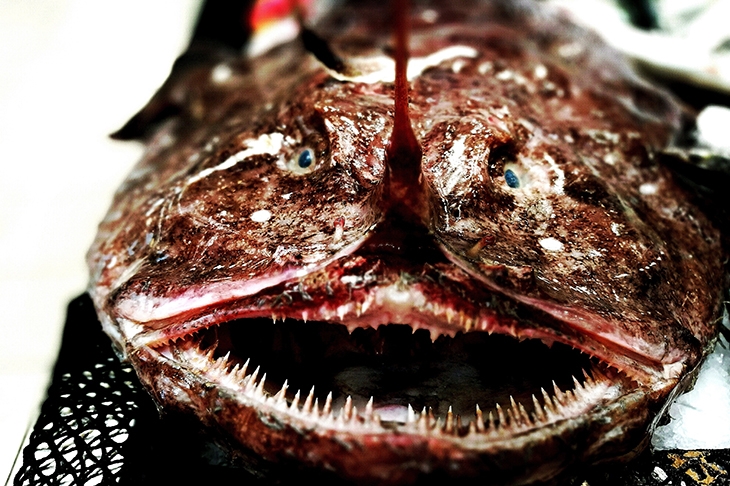We live in a logic-obsessed world, from computer modelling of the economy to businesses run by spreadsheets. But we also know, from decades of behavioural economics and evolutionary psychology research, humans are not robots. The social world is not a machine but a complex system. In Alchemy: The Surprising Power of Ideas that Don’t Make Sense, Rory Sutherland, vice chairman of Ogilvy and columnist for The Spectator, explains how to crack the magic underlying our humanity.
Humans evolved to justify their instinctive decisions to others, not to prove what is right and wrong. Those who could defend their actions were more likely to survive. We use reason sparingly, selectively and self-servingly. We search for evidence to support our existing world view. Consequently, there is a big gap between our actions and how we justify them. As David Ogilvy said: ‘The trouble with market research is that people don’t think what they feel, they don’t say what they think, and they don’t do what they say.’ To be successful you must put aside pure rationality to discover the real ‘why’ of human action, not the post-rationalised ‘why’.
Our lack of pure rationality does not make us stupid. In fact, we often act in seemingly irrational ways because we instinctively understand, or have come to discover, our deeper goals and how to achieve them. Sutherland calls this ‘psycho-logic’. For example, we told ourselves that we buried the dead outside of town to avoid the dead coming back to haunt us — creating a hygienically beneficial social norm that saved lives long before we discovered the science of germs. Meanwhile, people voted for Brexit not because they wanted to be poorer but because they put a greater priority on national identity and sovereignty.
Once you understand the difference between what we say and do it is possible to take advantage. This is where advertising comes into the mix. We don’t value things: we value meaning. Advertising creates meaning. Therefore advertising isn’t secondary; it’s inseparable from the benefit we get from products.
Sutherland considers himself an alchemist, responsible for turning iron into gold, or at least making you want iron just as much as gold. He points to ‘the alchemy of semantics’ evident in rebranding fish. People are far more likely to enjoy eating Chilean Sea Bass than Patagonian Toothfish, and Monkfish rather than Goosefish, despite their being the exact same products. Advertising comes from the Latin advertere: ‘to turn towards’. Advertising directs our attention towards favourable aspects, improving the experience we get from the things we buy, eat and enjoy.
While some might characterise Sutherland’s rejection of rationality as a threat to free market economics, it shouldn’t be. ‘In fact the single greatest strength of free markets is their ability to generate things whose popularity makes no sense,’ Sutherland writes. From Dyson vacuum cleaners and the Wetherspoon app, to fashion and poetry, no central planner could deliver us the benefits of the market’s emergent order.
Further, if humans were perfectly rational it would be easy for Soviet central planners and Whitehall technocrats to comprehend and manipulate us. They fail because bureaucrats don’t and can’t know our individual wants and needs, as the economist Friedrich Hayek’s ‘knowledge problem’ exposed. But the difficulty of central planning is even deeper. Sutherland bolsters Hayek by explaining that we don’t even know our own preferences in advance. It takes the creative process of the free market, with a healthy dose of advertising, to reveal the truth about ourselves and what we want.
In Alchemy, Sutherland brings together complex theory with stories and plentiful humour to both captivate and entertain. It’s an important work for our era of apparent irrationality.
Alchemy: The Surprising Power of Ideas that Don’t Make Sense
Author: Rory Sutherland
Publisher: W.H. Allen
Page count: 371
Price: £20






Comments